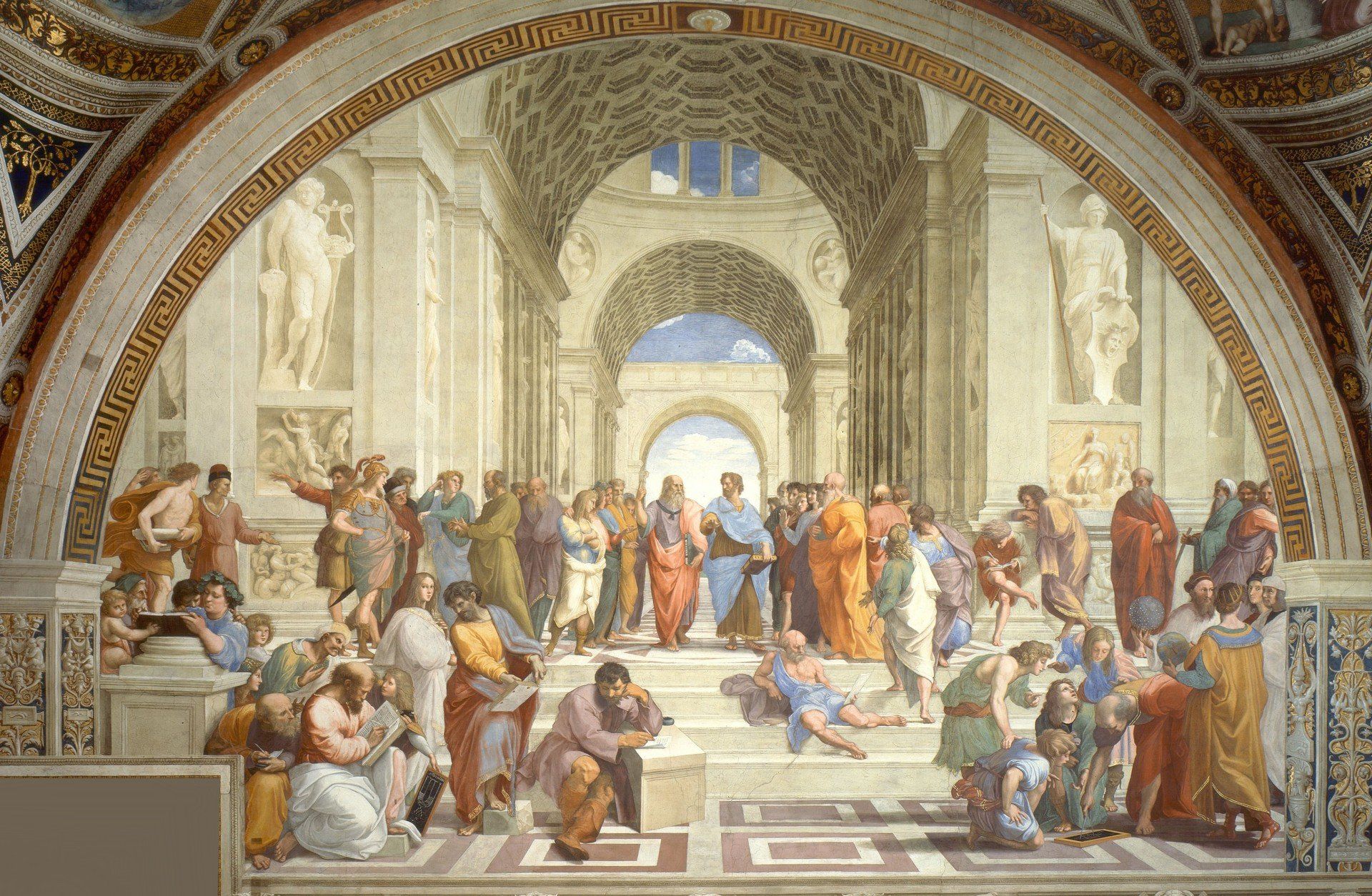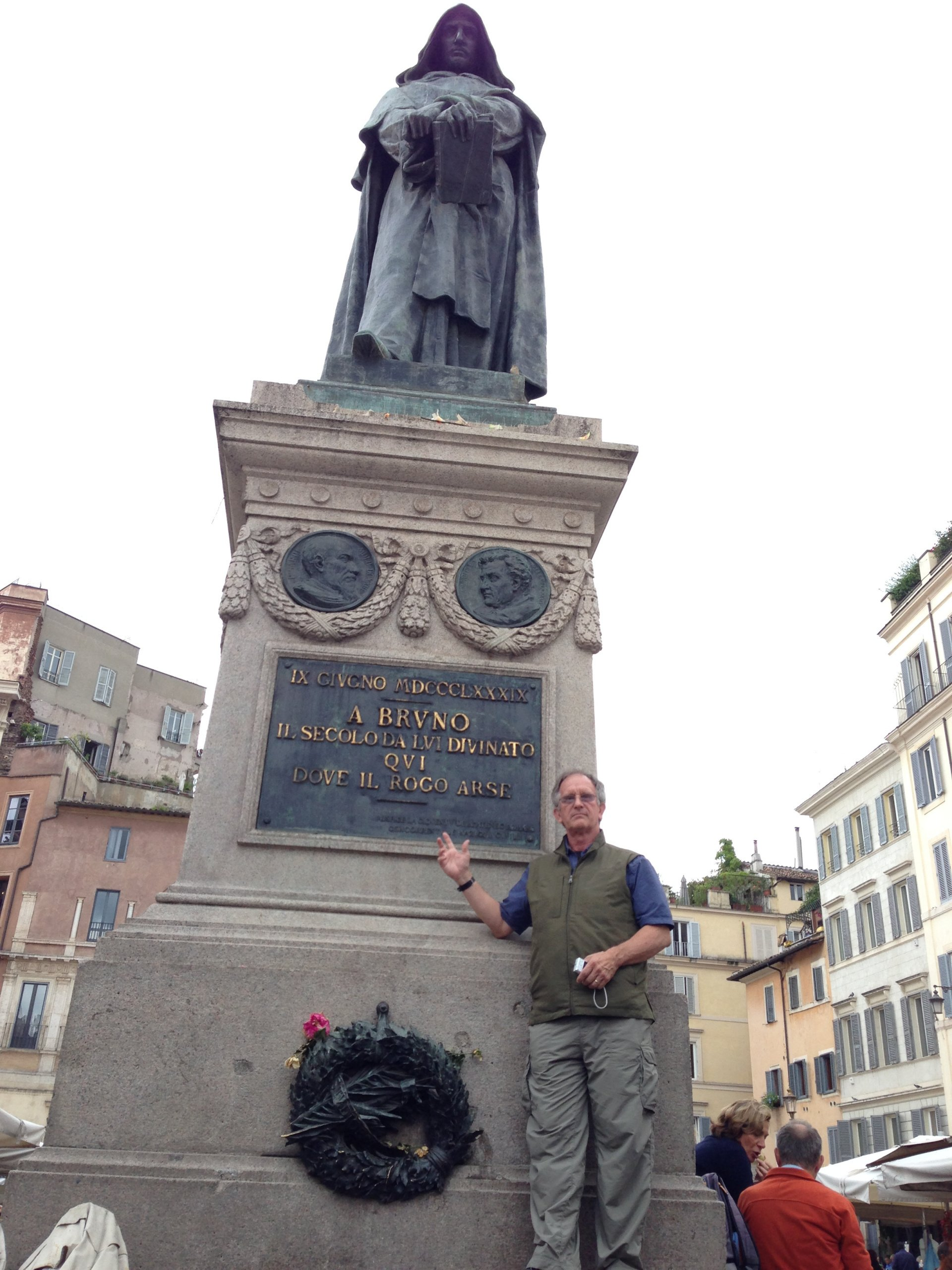The Reverencing Of Art, The Art Of Reverencing
Michael Kroth • January 16, 2020
I can’t explain why this artist, of all others, resonates with me

I am reverent when music fills me up beyond my ability to contain it within my corporeal self. Standing as a college undergraduate in the tenor section on the risers of the massed University of New Mexico choirs, singing the Messiah and feeling my knees buckle, feeling myself shake free from my body, then watching the whole thing separately, detached from my body. “And he shall reign forever and ever. Hallelujah, hallelujah. King of Kings, and Lord of Lords. Forever and ever, hallelujah.” My dad used to tell how he felt disconnected, perhaps in the same way, watching aloft when he had quadruple by-pass surgery. Who knows how much revisionist thinking, how much cognitive tricks of the mind, these out-of-body experiences are. Yet they are. And for me, catalyzed by music. Oh my. Music, oh sweet music, is a direct channel - ...no...more...
- a direct connection, to that which is ineffable, to the mystery of love, to inner joy or sadness. Yes, a direct connection. The connective tissue.
I am reverent in the presence of any type of art – music, painting, sculpture, theater, film, dance, books – that inspires me, takes me out of my quotidian life, and allows me – shows me, forces me, allures me - to see the struggles of unrequited love, battles for freedom, the un-vanquished human spirit, or the infinitude of God in all its majesty, inspiration, and forgiveness far beyond what I can conceive of myself doing in the world. Walking through the Vatican I found myself lost in the frescos of Raphael. I can’t explain why this artist, of all others, resonates with me, but as I gazed at the School of Athens, even with people crowding me and jostling me and buzzing all around me, I was mesmerized. I am reverent in the presence of beauty of any kind, including the beauty of nature and the beauty of human nature.
I feel transported when I have a sense of reverence.
Taken to another place inside myself and outside myself.
I have written about irreverence and why I think it’s important before. I have written about reverence and those I revere, and why I think it’s important before. I have written about how they are both a part of me before. Reverence and irreverence are areas of life that I want to learn more about and, better, to experience.
I revere great art, or actually any art that opens me up, causes me to go deeper, to experience unfathomed emotion, or to look at this or that differently. The art of reverencing, I suggest, is preparing oneself for going deeper, for experiencing emotion and our senses more acutely, and for looking at every phenomenon at deeper levels. Not just
great art, or any art for that matter - but everything.
Sometimes looking at this or that differently or doing this or that differently is perceived as being irreverent and, like Giordano Bruno, gets you burned at the stake literally or metaphorically.
But that’s all a part of the art of reverencing, and the reverencing of art.
Photo Attributions:
The School of Athens: https://commons.wikimedia.org/wiki/File:Raphael_School_of_Athens.jpg
Giordano Bruno, Campo di Fiori, Rome, Italy: Photo by Lana Kroth











